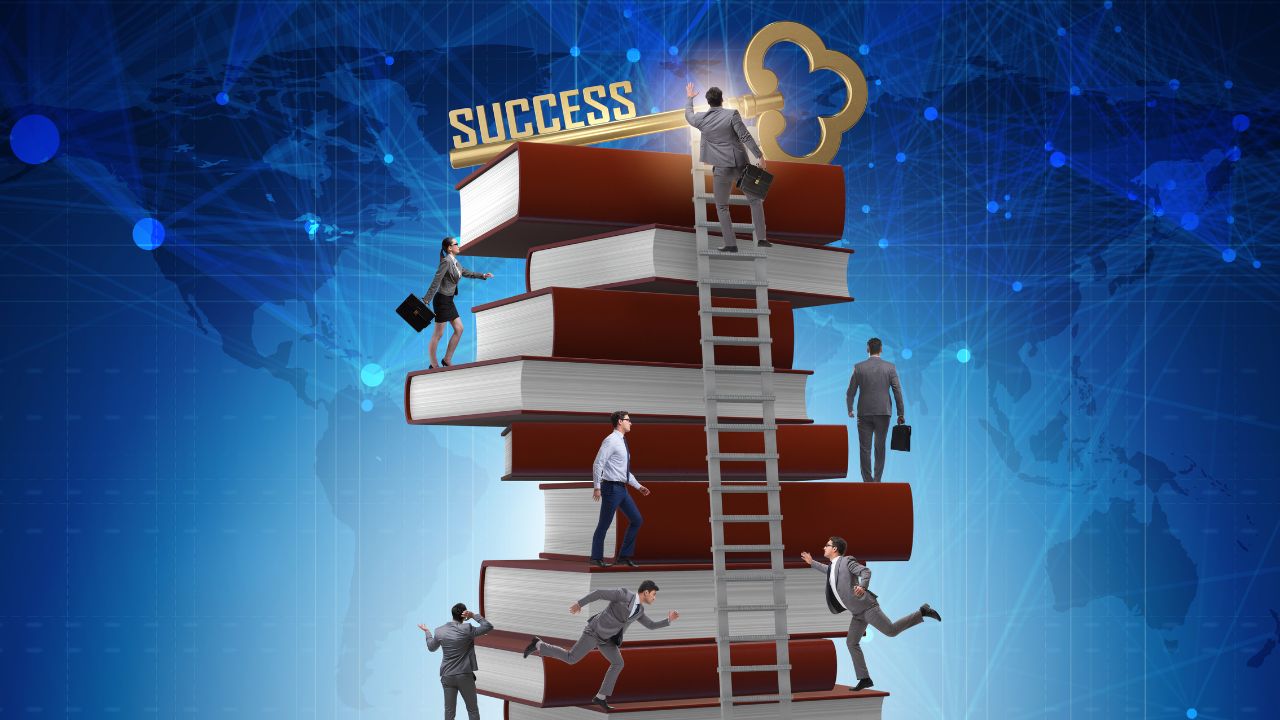- By Ritesh Kumar
- Tue, 12 Mar 2024 01:36 PM (IST)
- Source:JND
Education trends and the dynamics of the workplace have to be in sync to pave a path to success. In 2024, the coming together of the technological revolution and the varying industrial demand requires the adaption of educational strategies at the root level i.e. schools. The future of work, as forecasted in the World Economic Forum’s The Future of Jobs Report 2023, highlights a critical genuineness—there will be a 44 per cent disruption in skills over the next five years. The current scenario calls for an urgent demand to change the strategies we implement for imparting education and skilling the upcoming/ potential candidates of the industry.
The learning and development domain is in prime focus as reskilling and up-skilling are at their peak within the educational transformation. The leaders of the industry are striving hard to overcome the existing challenges through the use of innovative methodologies like - Immersive Learning, Gamification, Microlearning, and leveraging the power of Data Management and Analytics.
Nirvaan Birla, Managing Director of Birla Open Minds, offers insights on how education aligns with industry needs in 2024.
Here are the key points:
Immersive Learning: Bridging Theory and Practice
Augmented reality and virtual reality power transformative education. The advancements in the sphere act as an agent that aids in closing the loophole that exists between theoretical knowledge and real-world application. Providing hands-on experiences within simulated environments minimises the risks of errors and enriches learning through practical engagement. With the onset of the New Year, the incorporation of AR and VR in classrooms is vital. This results in students who are well-equipped with knowledge and applied skills.
Gamification Learning: Igniting Engagement and Mastery
The incorporation of gamification into education has unveiled a powerful tool for motivation and engagement. Learning modules can be amalgamated with the fundamentals of gameplay to upskill the game infusing enthusiasm and knowledge. This brings along accomplishment and mastery among the top scorers of the batch as they are accompanied by rewards. In this educational landscape, teachers leverage gamification to enhance training and upskilling, fostering a dynamic learning environment that inspires and empowers students.
Microlearning: Personalised, Bite-Sized Knowledge
As the landscape is now interconnected via virtual channels, there is an automatic transition in the learning approaches that have been embraced by micro-learning. Acknowledging the short attention spans prevalent in today's learners, educators have embraced the strategy of breaking down complex topics into digestible, bite-sized portions. The availability of concise and focused content makes the learning processes easier and more personalised in nature. Additionally, the overall process becomes altogether efficient and engaging. This one-to-one strategy changes the traditional learning experience, making education more accessible and adaptable to the needs of diverse learners.
Data Management and Analytics: Empowering Educators
Data management and analytics have begun to cover a significant focus area in the marketplace along with integrated technology. This setup powers both the educators and the parents of the students/ learners to keep a track record of performance. This enables the possibility of making alterations for continued interventions and personalised learning calendars. This automation streamlines administrative tasks, allowing teachers to focus more on coaching and refining course content.
The future of work is intricately intertwined with the evolution of education. As we navigate the uncharted territories of technological innovation and industry demands, education in 2024 emerges as a beacon of adaptability. Reskilling and upskilling form the bedrock, while Immersive Learning, Gamification, Microlearning, and Data Analytics serve as the guiding stars. However, in this journey toward alignment with industry needs, it's imperative to preserve the heart of education—the fostering of critical thinking, creativity, and human connection. Embracing innovation while cherishing the timeless essence of learning is the compass guiding education into the future of work.

